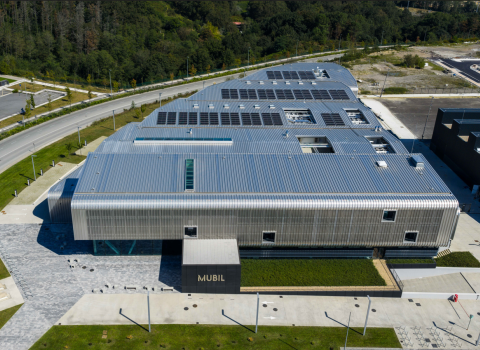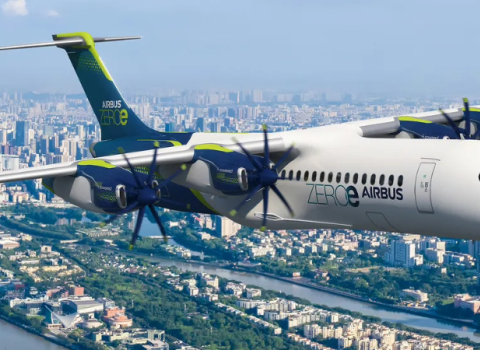Three pioneering projects have been supported to power zero-emissions flights and unlock up to 4,750 jobs across the UK.
They will use alternative energy sources of hydrogen or electricity to reduce the aerospace industry’s reliance on polluting fossil fuels.
They have been supported with £84.6 million of funding through the Aerospace Technology Institute (ATI) programme.
Winners were selected by:
- Department for Business, Energy and Industrial Strategy
- ATI
- Innovate UK, part of UK Research and Innovation (UKRI).
Funded projects
The three projects receiving funding are:
- GKN Aerospace-led project H2GEAR will receive £27.2 million to develop an innovative liquid hydrogen propulsion system (a component that propels the aircraft forward) for regional air travel. This could be scaled up for larger aircraft and longer journeys
- ZeroAvia’s HyFlyer II will receive £12.3 million to scale up its zero-emissions engines for demonstration on a 19-seater aircraft, showcasing its significant technological advances. It means that customers can expect to fly on zero-emissions aircraft as early as the end of 2023
- InCEPTion, led by Blue Bear Systems Research, will receive £2.8 million to develop a fully-electrified zero-emissions propulsion system for aircraft, that is powerful, quiet and efficient. It could be used for smaller aircraft travelling short distances – even within the same city.
Minister for Business, Paul Scully, said:
These trailblazing projects are broadening the horizons of future air travel, towards a greener future where we may be able to hail taxis from the sky rather than on our streets.
This multi-million-pound boost will help to secure up to 4,750 jobs in these projects spanning the UK, and could pave the way to technological advances that will allow the industry to build back better and greener following the COVID-19 pandemic – and help tackle climate change.
Funding matched by industry
The total investment in the three projects will be £84.6 million, with the £42.3 million government funding matched by industry.
Simon Edmonds, Innovate UK’s Deputy Executive Chair, said:
The need to change how we fly has never been more pressing, moving towards zero-carbon powered aircraft is one way we can cut greenhouse gas emissions.
By investing in innovative UK companies and technologies we can ensure momentum is maintained and the country is well positioned in the markets that will emerge. Each of these projects is extremely exciting and we look forward to working with the partners to ensure their success.
Gary Elliott, Chief Executive of ATI, said:
Today’s announcement shows how the ATI through its long-term funding is stimulating research in technologies to deliver future zero-emission flight. The ATI Programme is focused on innovation and sustainability: keeping the UK aerospace sector at the forefront of next-generation technology.
And we are delivering vital support for companies both large and small – securing thousands of jobs across the country and generating strong economic return to the UK.
Aerospace funding
Aerospace funding is also awarded through the Future Flight Challenge, managed by UKRI.
In total this will award £125 million of government grants, matched by industry, to companies investing in future aviation systems and vehicle technologies. It will enable new classes of electric or autonomous air vehicles.
This article was first published on 28 January by UKRI.





 A unique international forum for public research organisations and companies to connect their external engagement with strategic interests around their R&D system.
A unique international forum for public research organisations and companies to connect their external engagement with strategic interests around their R&D system.